How To Embrace Sustainable Camping At Festivals
With festival season in full swing many of us are looking forward to immersing ourselves in a weekend of music, art and culture but it’s also our responsibility to minimize our impact on the environment while doing so. Sustainable festival camping offers a fantastic opportunity to enjoy the great outdoors while treading lightly on the planet. By aligning with the principles of the Leave No Trace movement and investing in high-quality, durable gear, festival-goers can make a positive difference and ensure a more sustainable future. Let’s explore the benefits of sustainable camping and highlight the importance of buying gear that lasts.
The Leave No Trace Movement:
The Leave No Trace movement emphasizes responsible outdoor practices that minimize our impact on nature. It promotes a set of seven principles: plan ahead and prepare, travel and camp on durable surfaces, dispose of waste properly, leave what you find, minimize campfire impacts, respect wildlife, and be considerate of other visitors. By adopting these principles, festival attendees can reduce their ecological footprint and leave the festival grounds as they found them.
Tips for Sustainable Festival Camping:
a. Minimize waste:
Bringing your own reusable water bottle and coffee cup is a simple way to limit the amount of single-use plastic you produce while also saving money. Water bottles can be refilled at free drinking water points throughout the campsites and arena.
Festival organisers are working with food vendors to gradually eliminate single-use plastic items. You can help by bringing reusable food containers to cut down the amount of packaging you consume. Make wise decisions and only take what you will really need to avoid abandoning spoiled food and unopened packets in the campsite.
You can bring your favorite fresh foods packed on ice in coolers. There are lots of choices when it comes to purchasing a cooler. Yeti coolers offer lots of insulation to get you through the weekend without having to keep buying ice. Wheeled coolers are helpful when you have to transport food from your car to the campsite. Check the festival website to see if there are restrictions on what you can bring into the camping area.
b. Energy conservation:
Use solar-powered chargers and energy-efficient lighting options to minimize electricity consumption.
c. Support local initiatives:
Choose festivals that prioritize sustainability and support local environmental projects.
Economic Benefits:
Each year, new tents, folding chairs, rucksacks and other camping equipment are bought to replace the old ones, left muddy and abandoned in fields the previous summer. Investing in durable gear not only benefits the environment but also saves money in the long run. Here's why:
a. Quality over quantity: Purchasing high-quality camping gear that lasts for multiple festival seasons is a wise investment. Instead of frequently replacing cheap, low-quality items, durable gear will save money in the long term.
b. Reduced waste: By buying gear built to last, we contribute to reducing the waste generated from discarded and broken camping equipment. This approach aligns with the circular economy model, where resources are utilized efficiently, reducing overall waste production.
Ethical Considerations:
Choosing gear from outdoor brands committed to sustainability and ethical production practices has multiple advantages:
a. Social responsibility: Supporting brands that prioritize ethical manufacturing and fair labour practices promotes a more equitable and just industry.
b. Environmental responsibility: Many sustainable brands incorporate recycled materials, organic fabrics, and low-impact manufacturing processes, reducing the ecological footprint associated with outdoor gear production.
Environmental Benefits:
a. Protecting natural habitats: Sustainable camping ensures that fragile ecosystems and natural habitats are not disrupted or damaged, preserving the biodiversity of the area.
b. Minimizing waste: By embracing the principles of Leave No Trace, festival-goers can reduce waste generation, promote recycling, and discourage single-use items. Choosing reusable products and opting for eco-friendly alternatives help decrease the festival's overall environmental impact.
Conclusion:
Sustainable festival camping empowers individuals to enjoy outdoor experiences responsibly while preserving the environment for future generations. By adhering to solid principles, like those of the Leave No Trace movement and investing in durable gear, festival-goers can significantly reduce their ecological footprint. The benefits extend beyond personal satisfaction, as the collective actions of festival attendees contribute to a more sustainable and environmentally conscious festival culture. So, let's embrace sustainable camping and gear up for memorable and eco-friendly festival experiences!




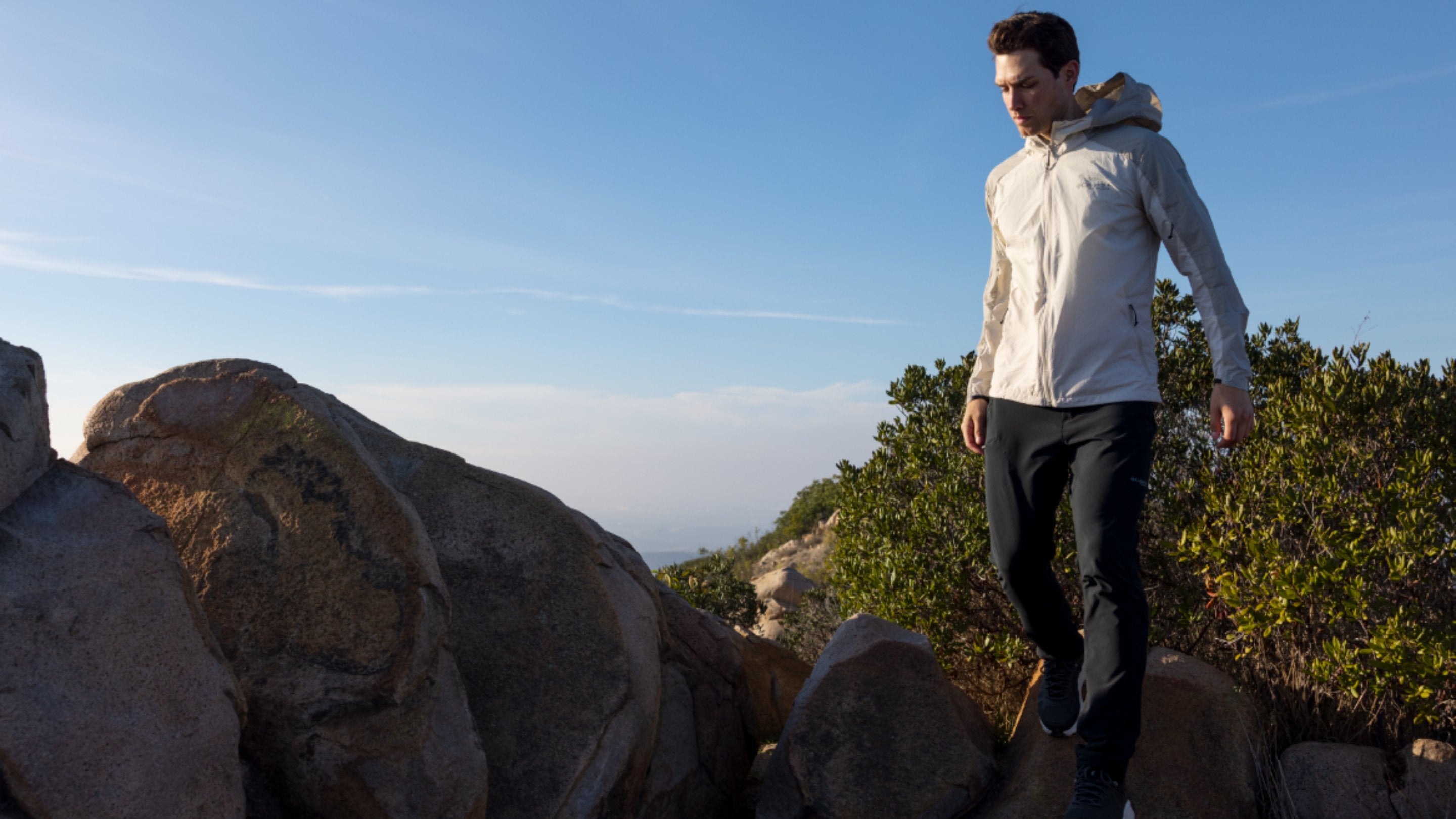

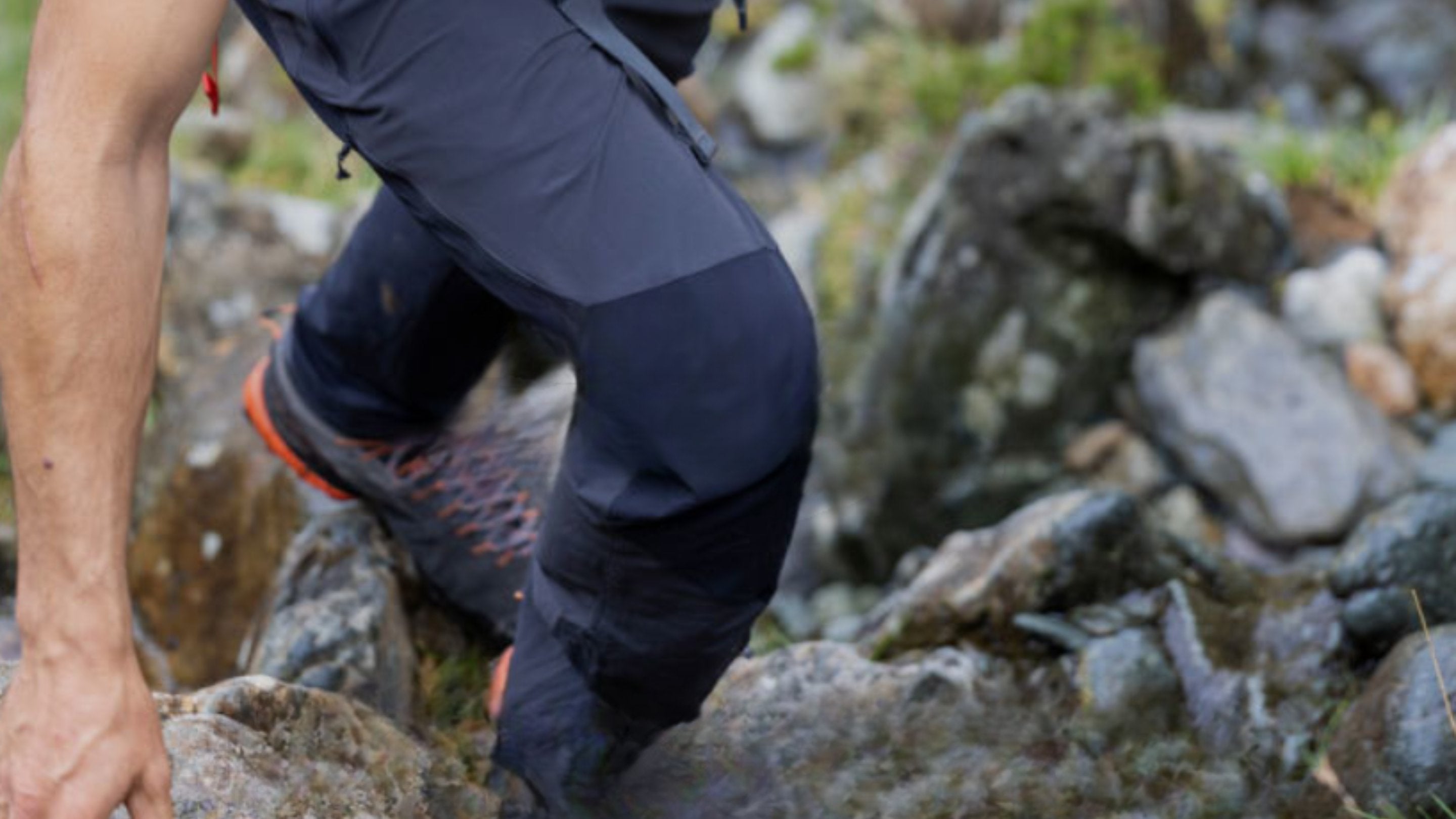
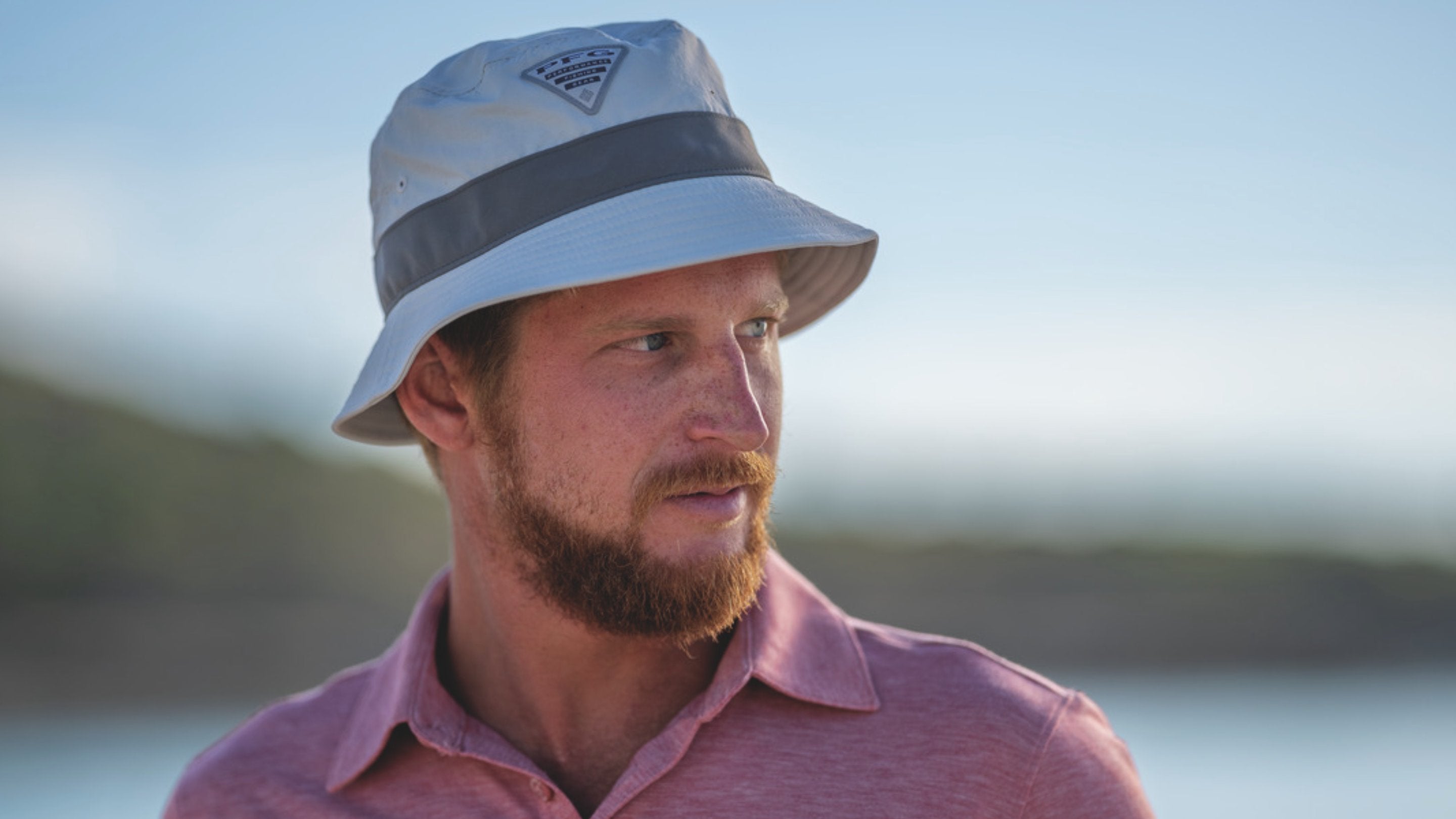
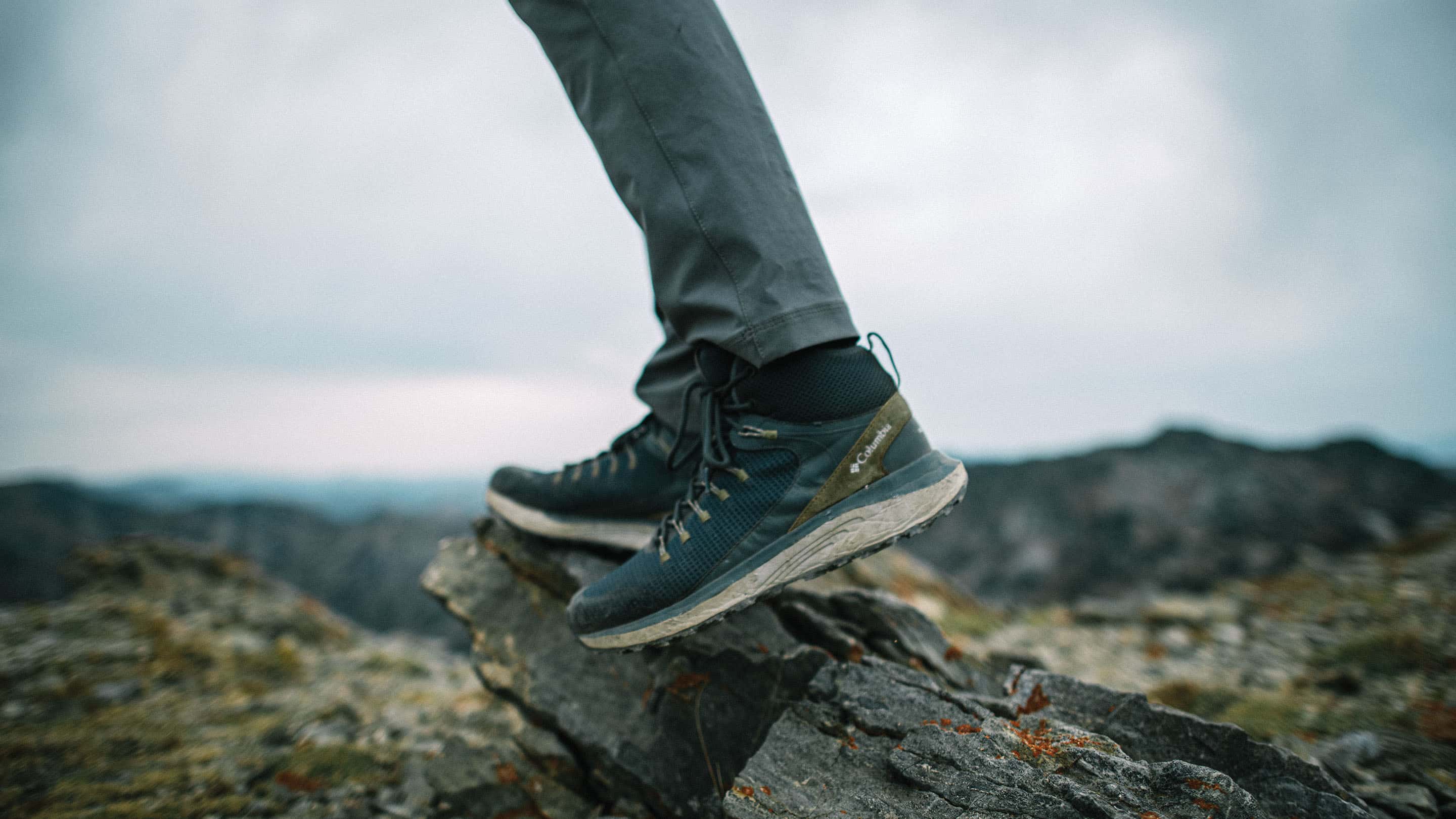
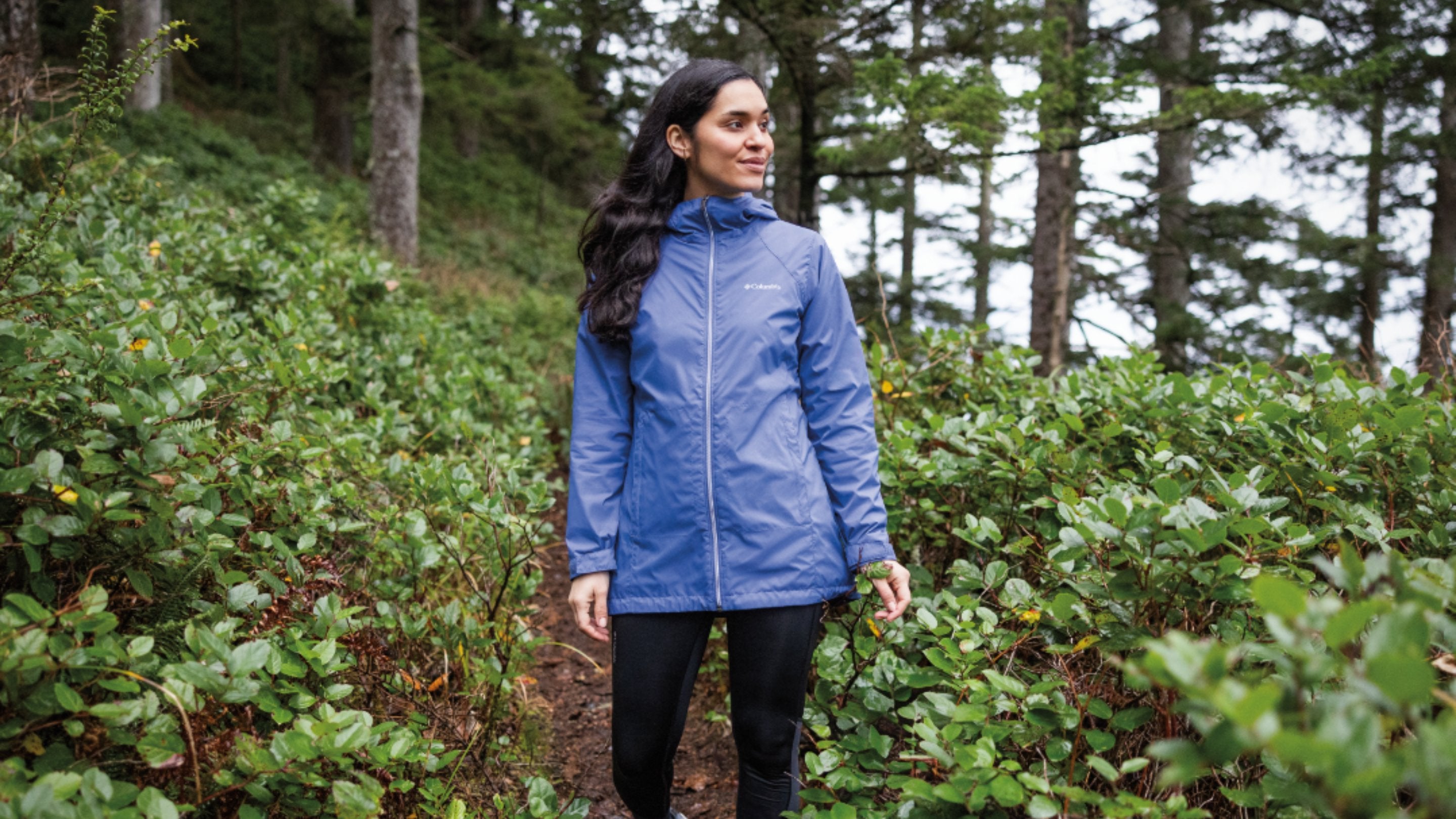



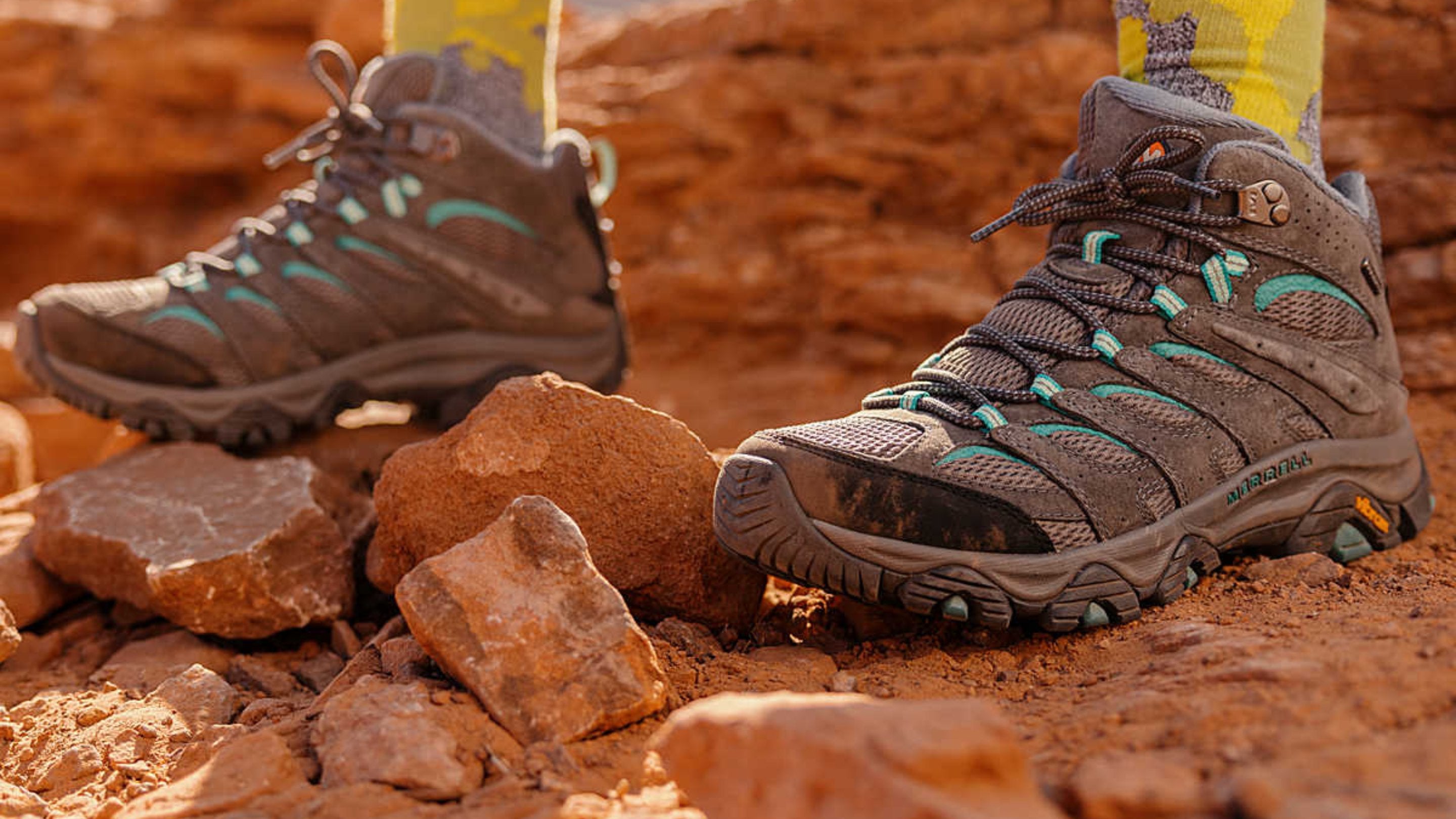
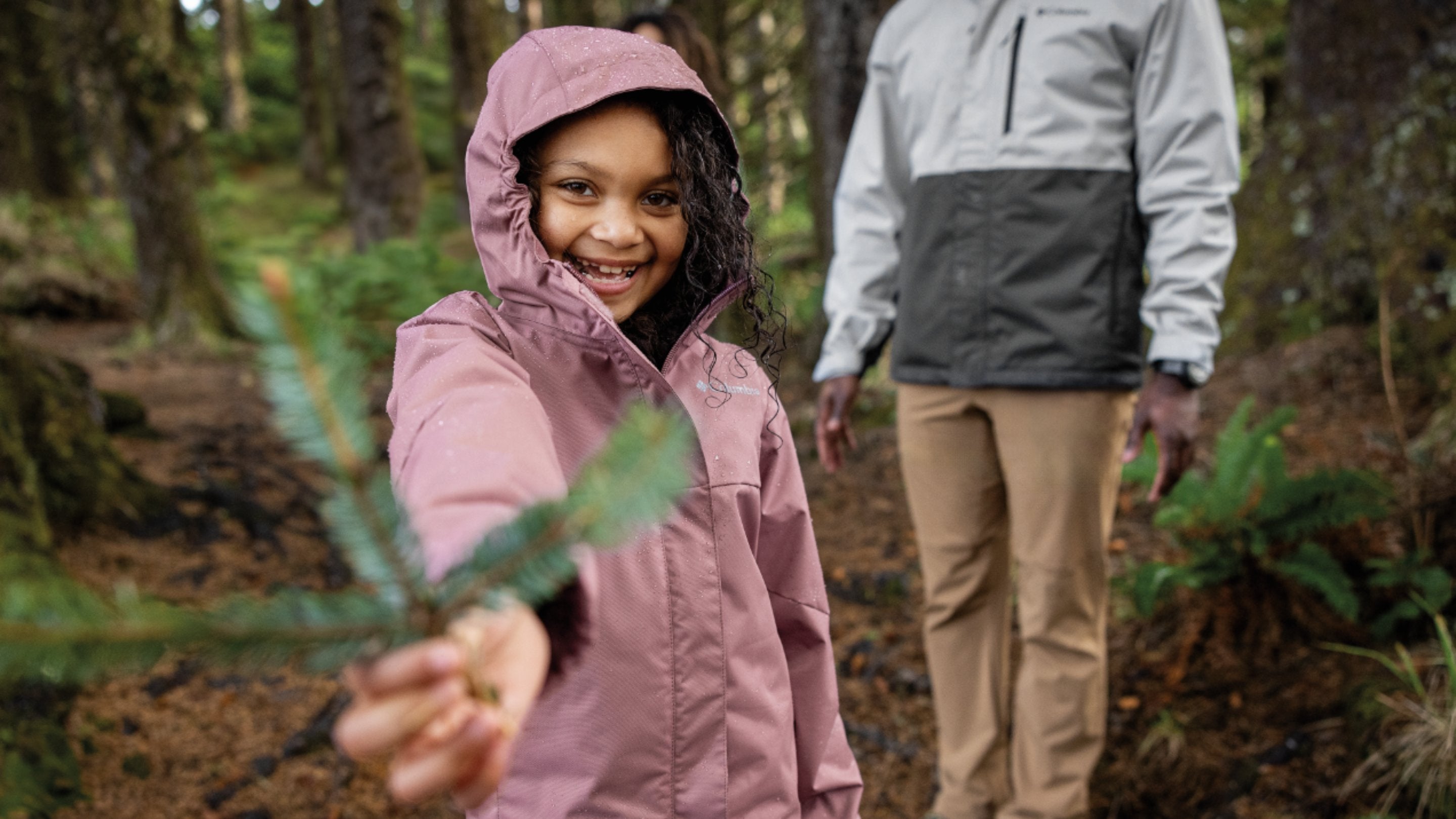
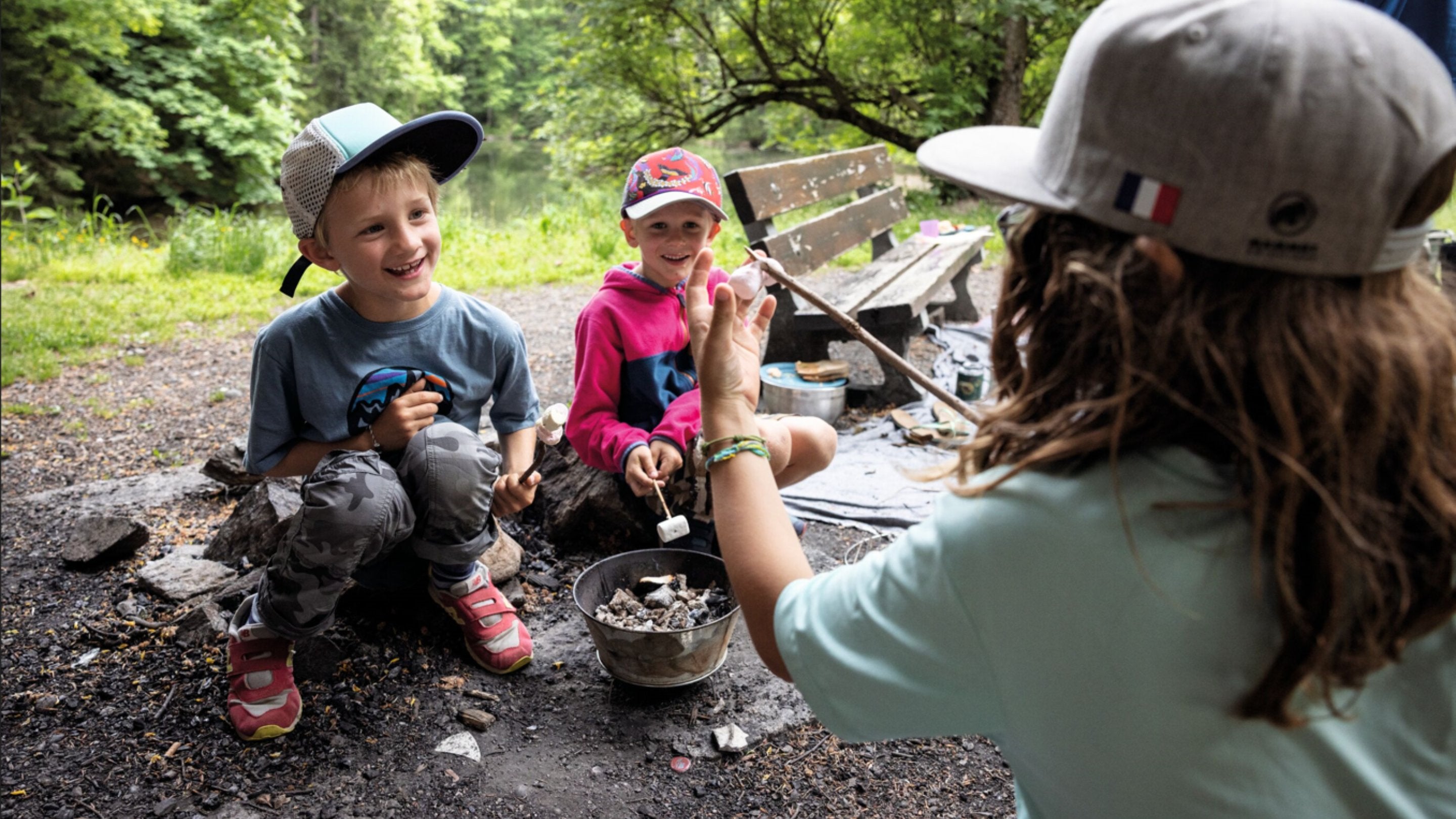
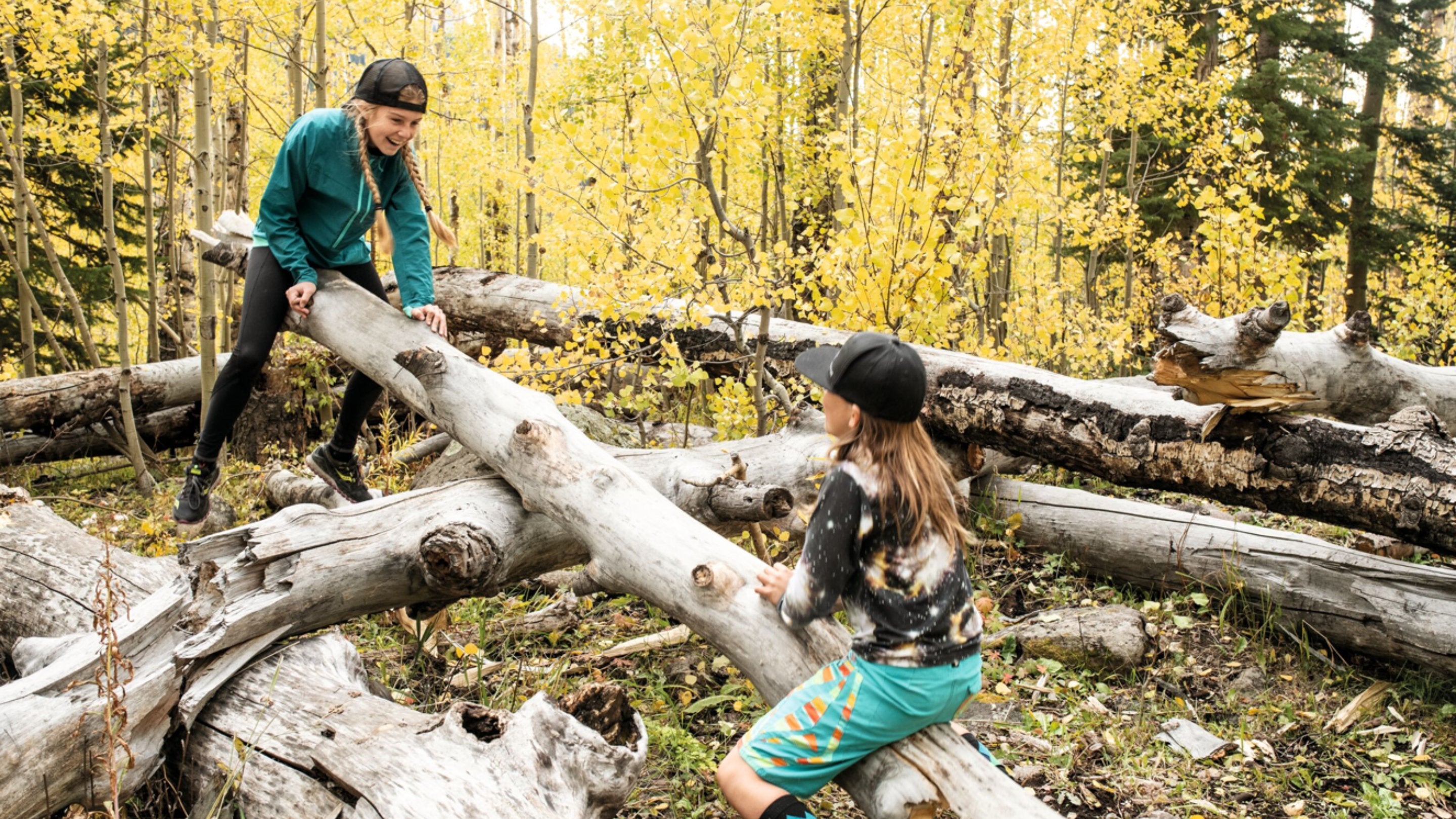
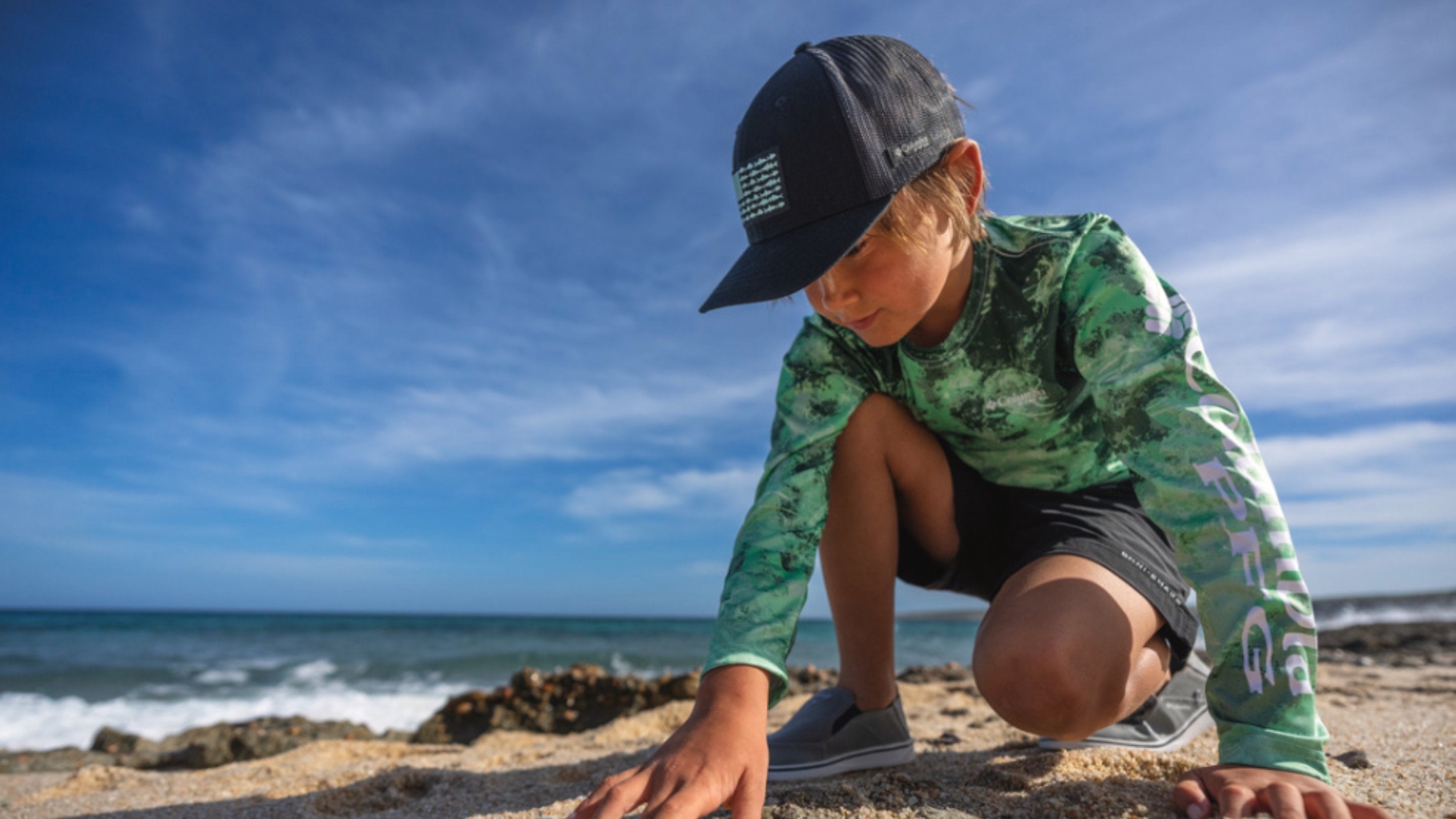

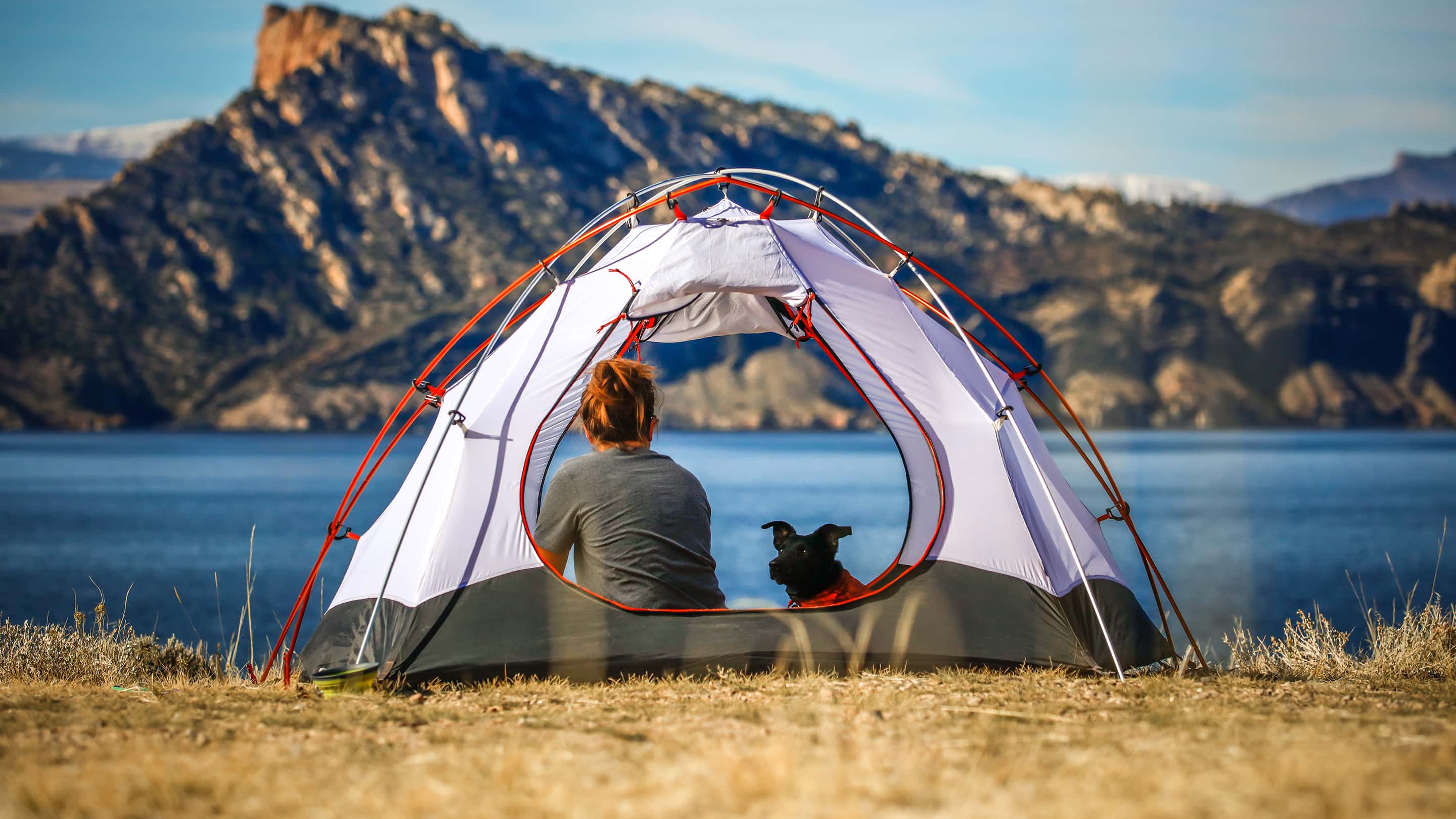
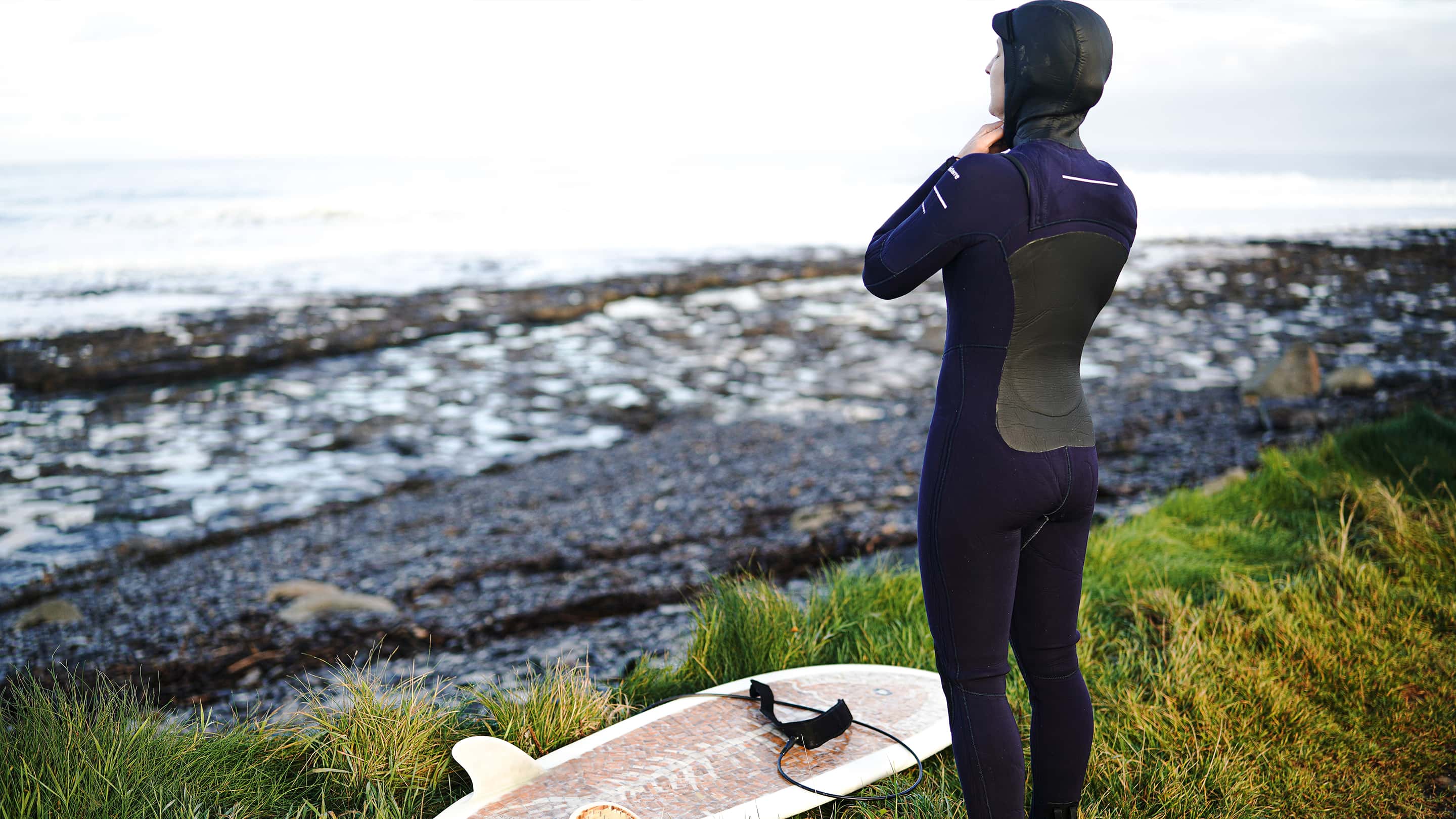
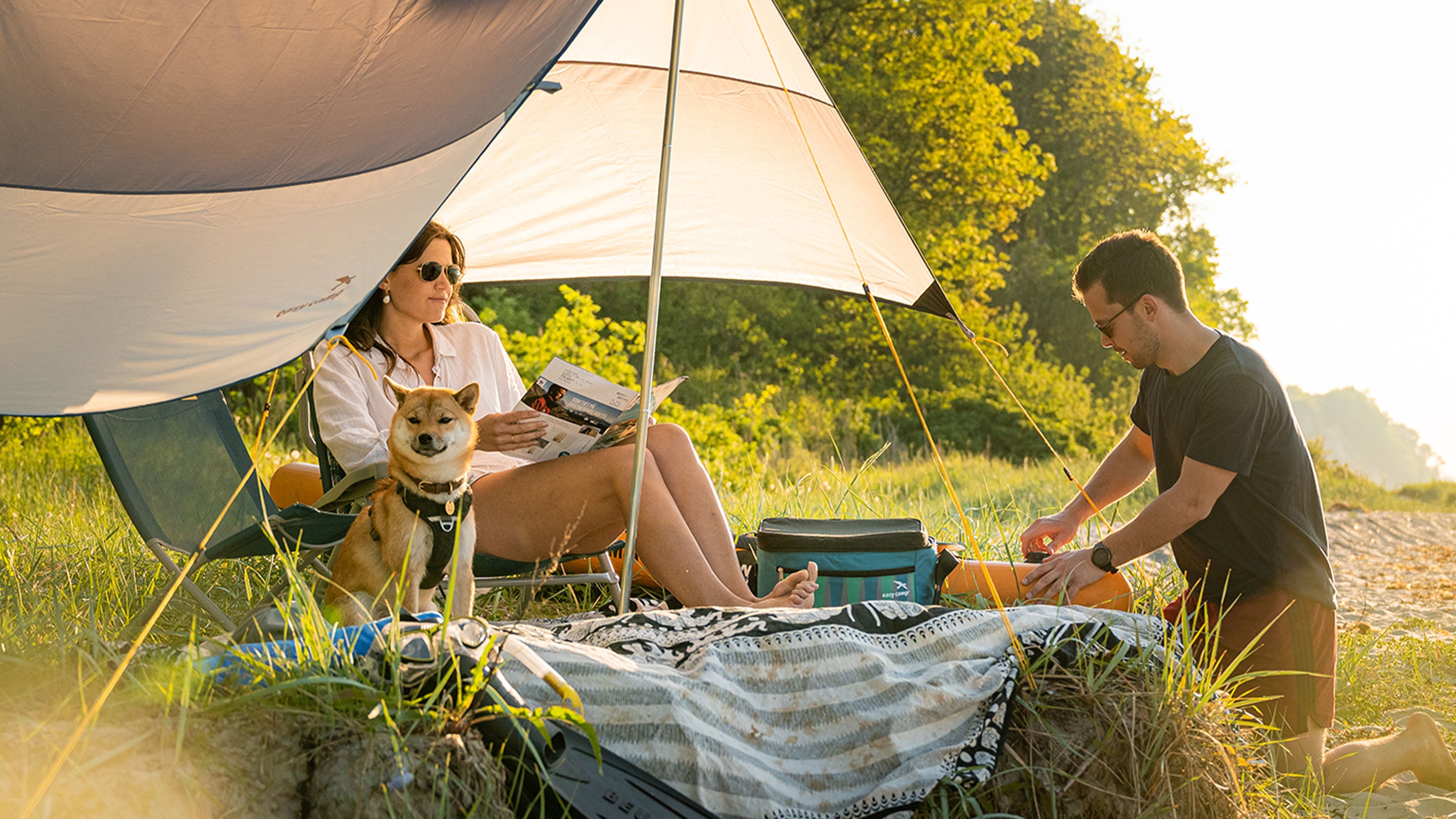

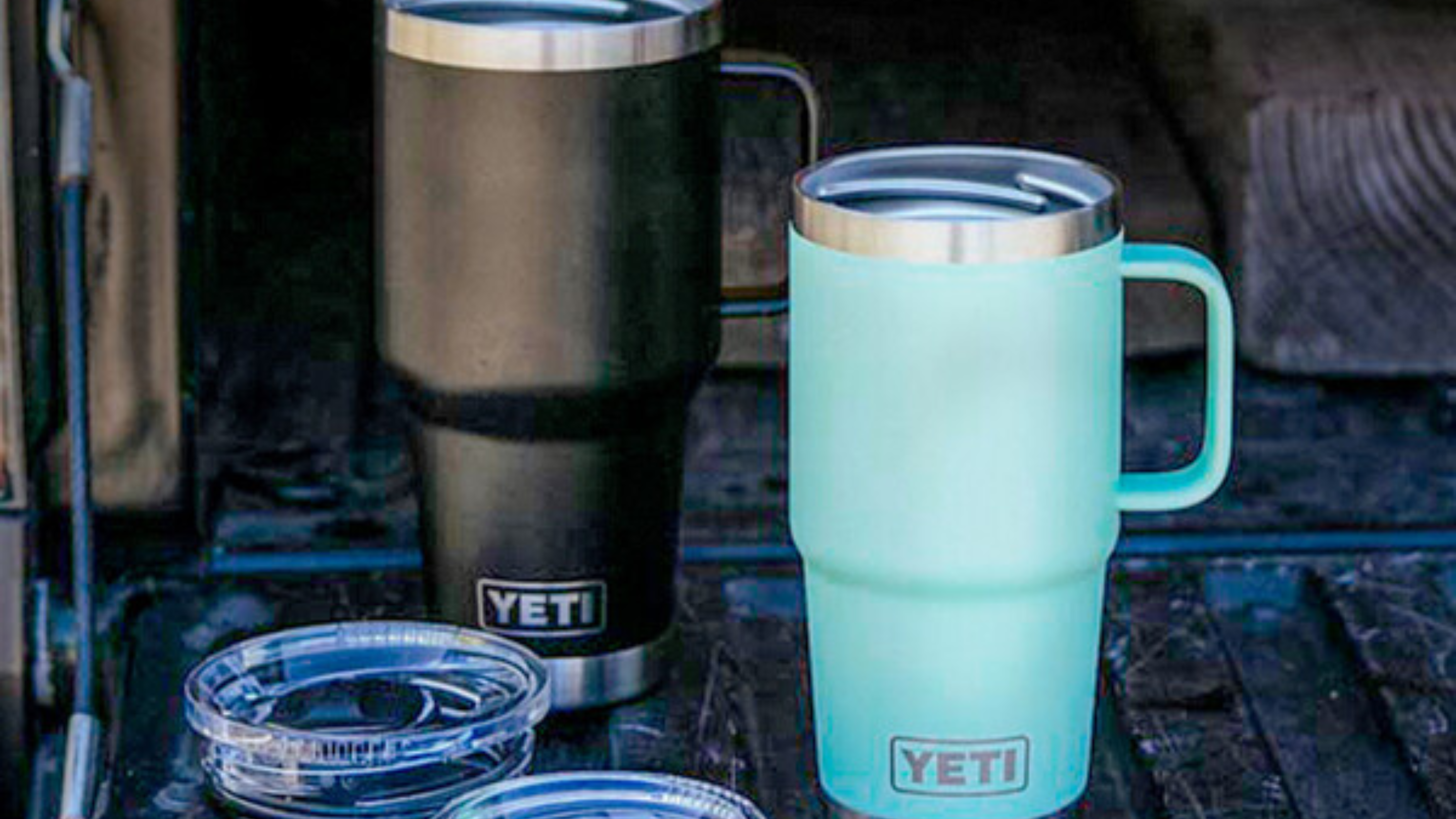



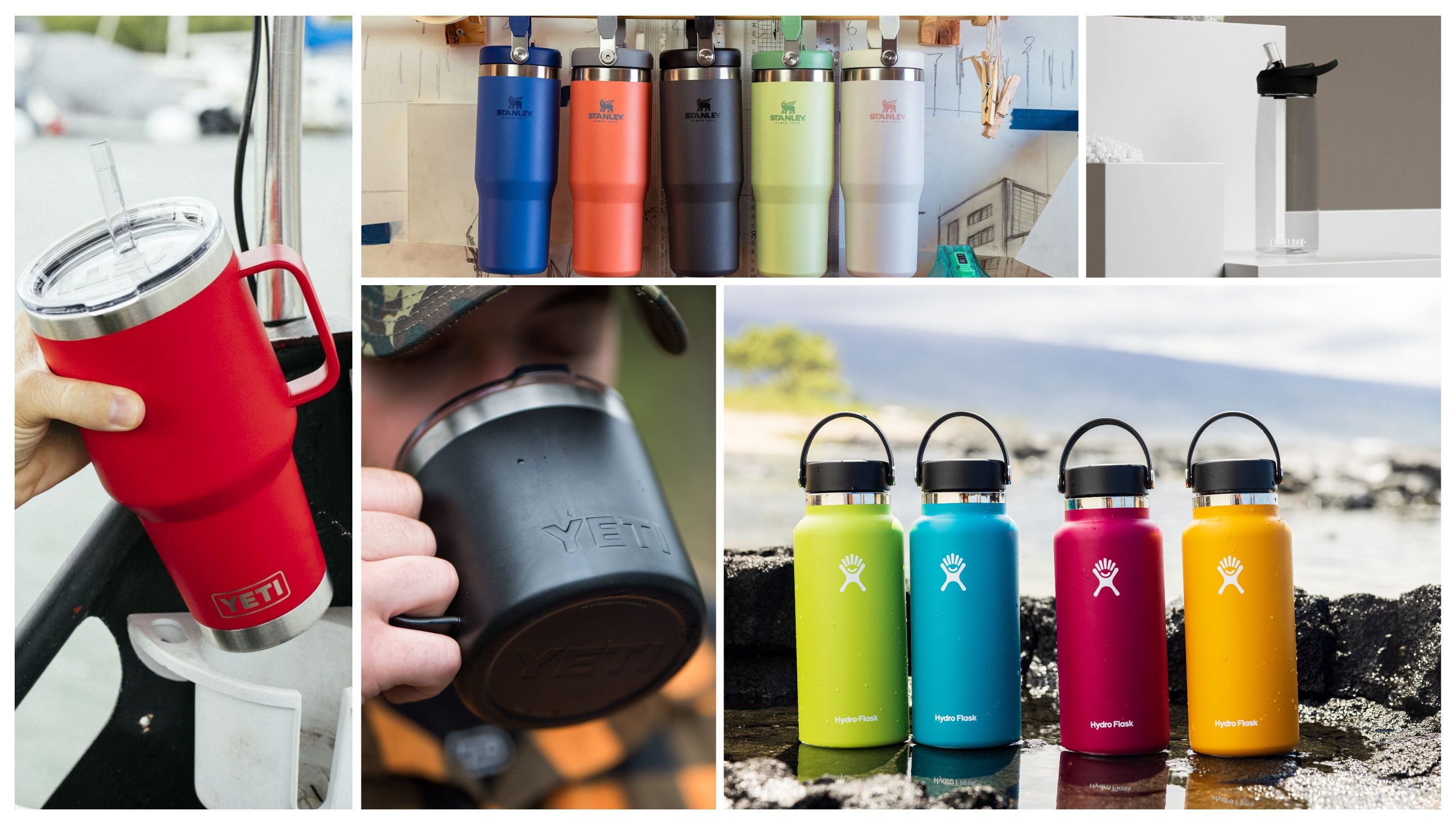

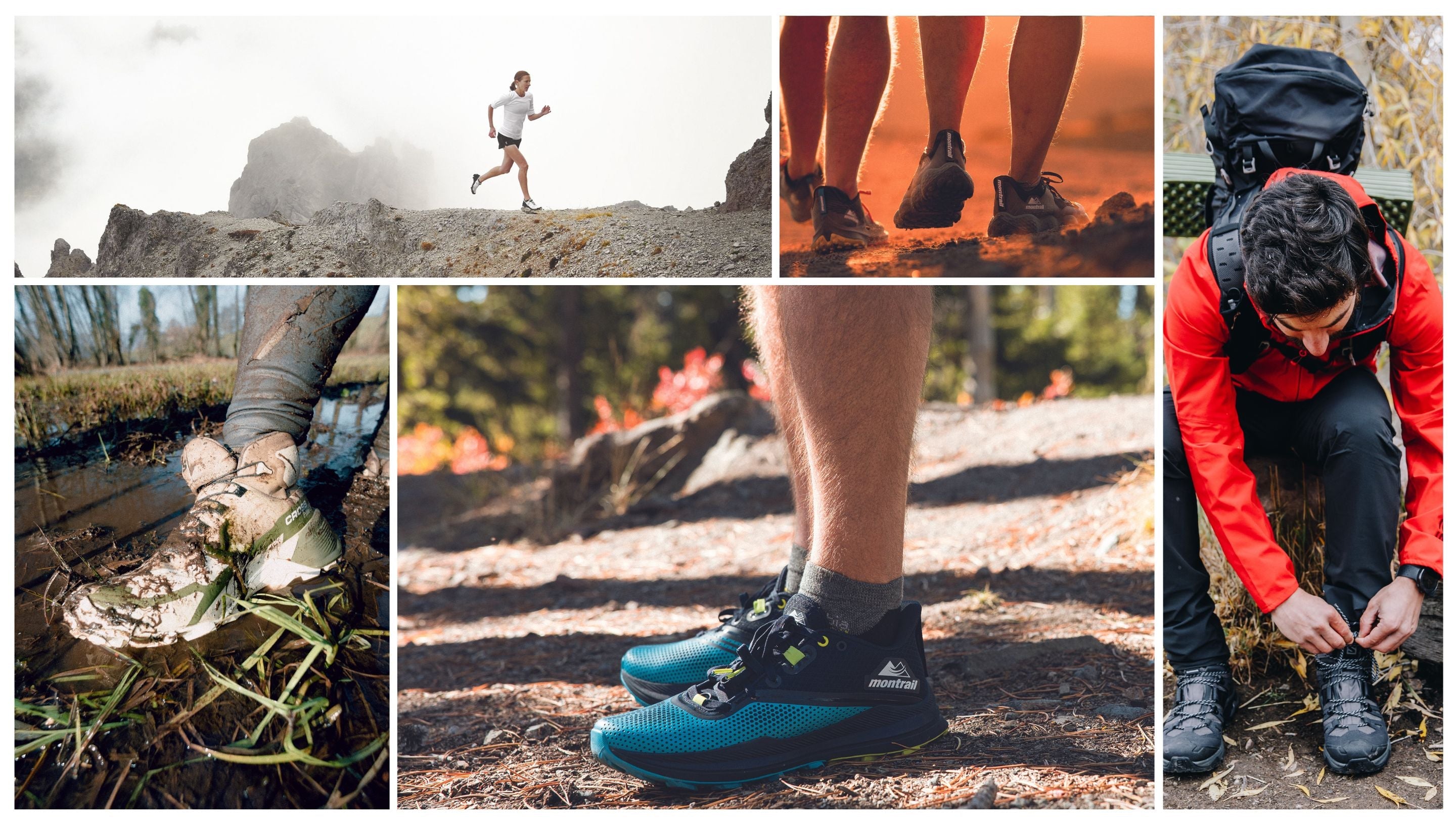
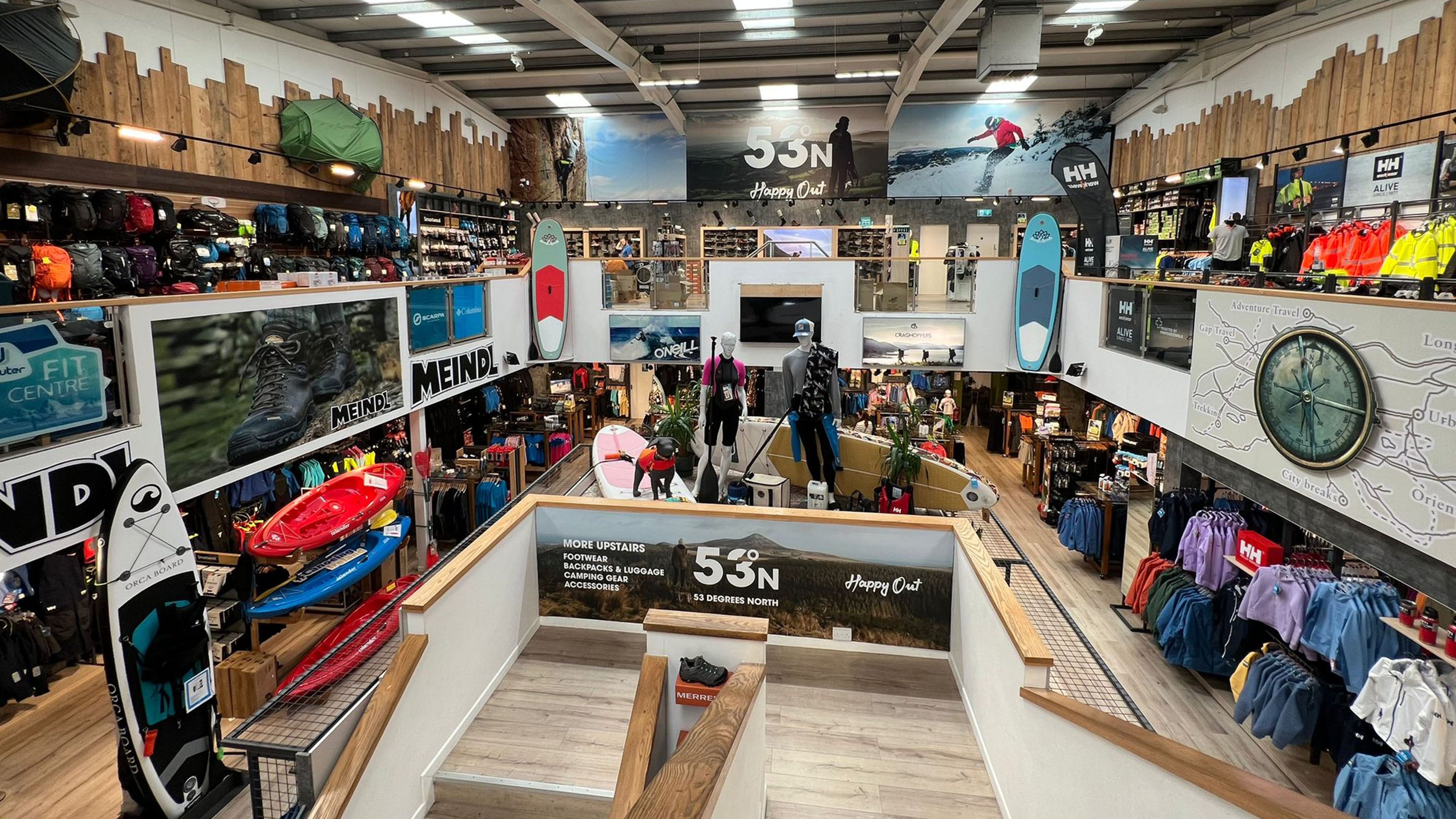
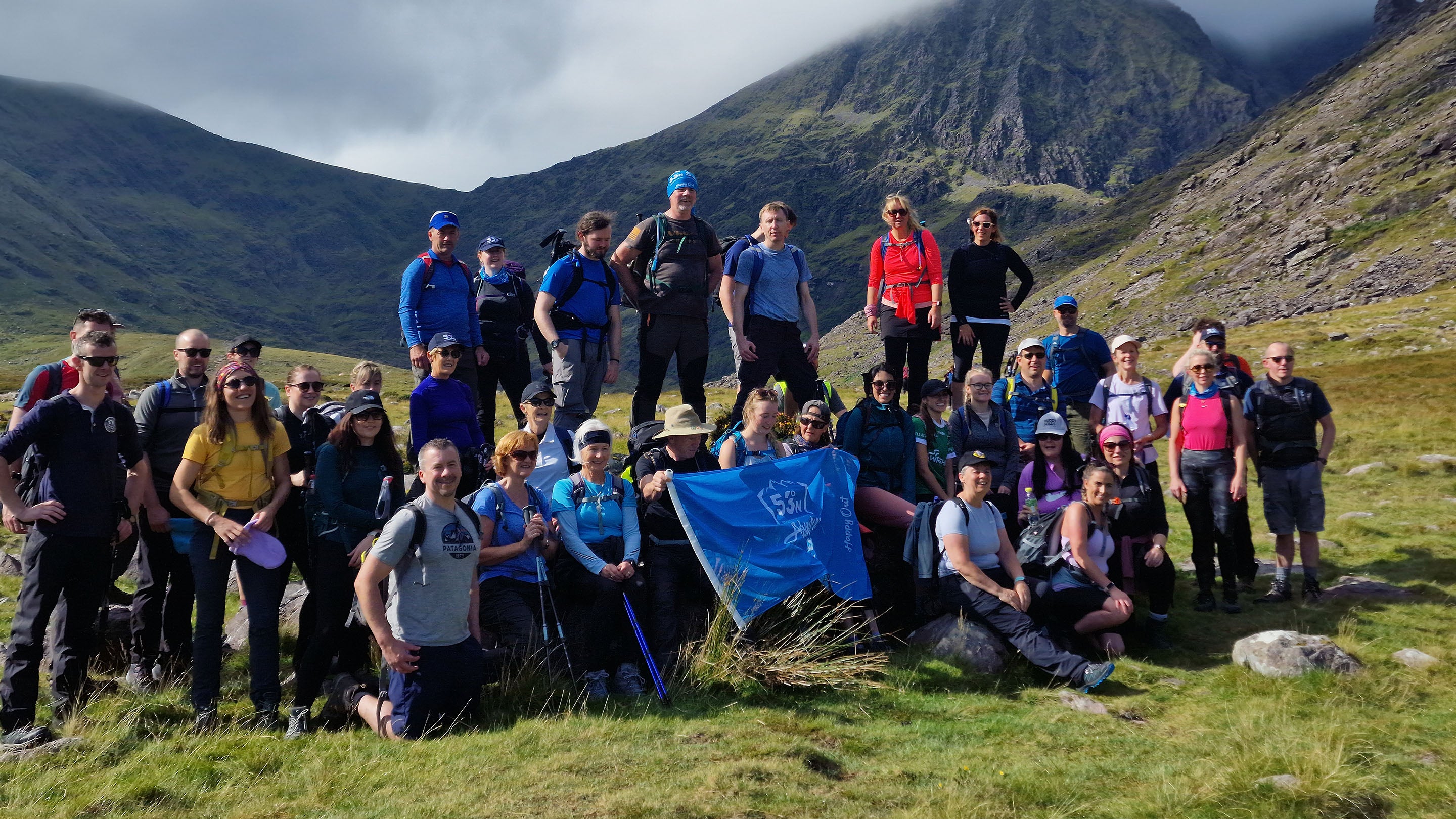
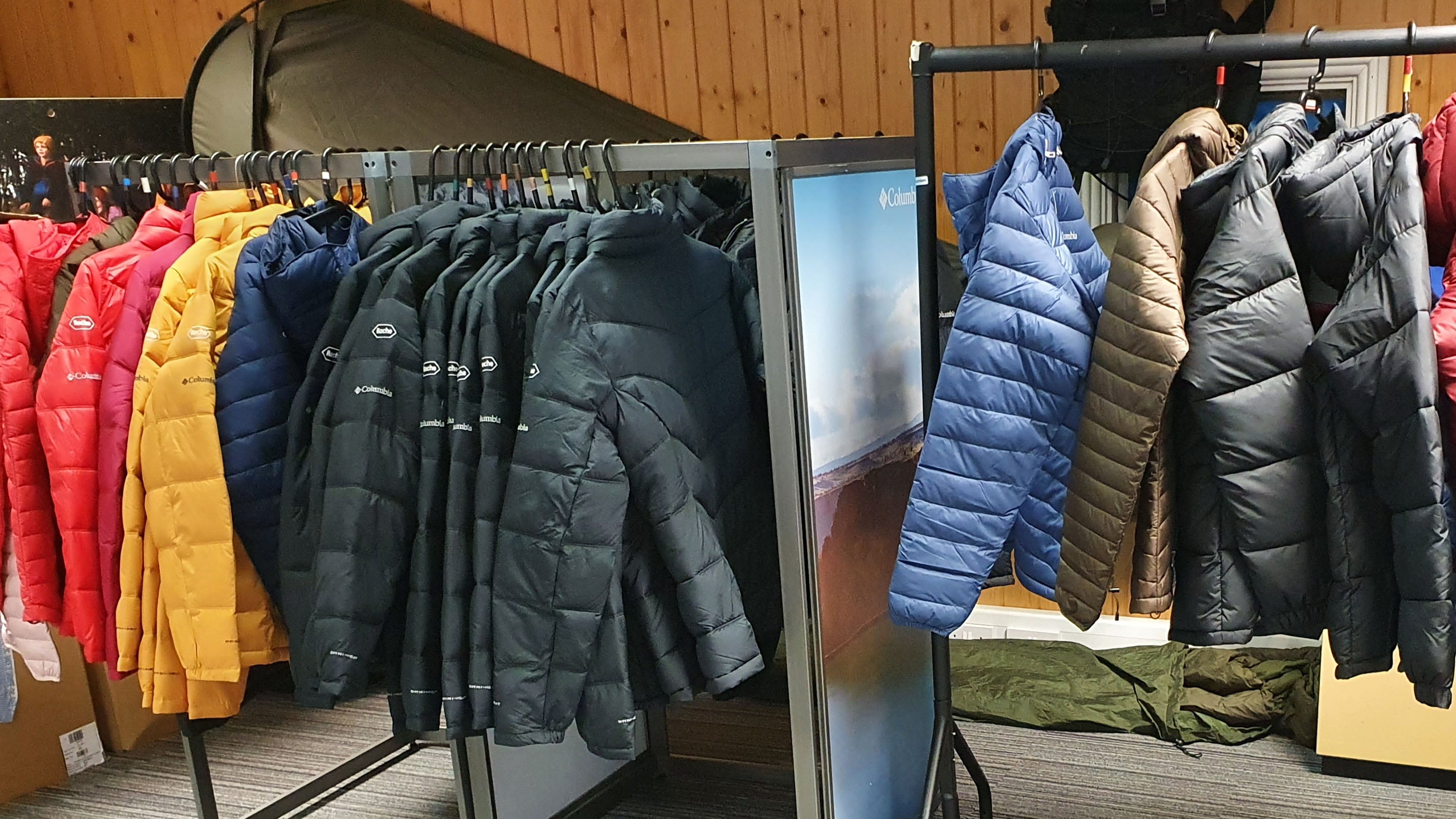




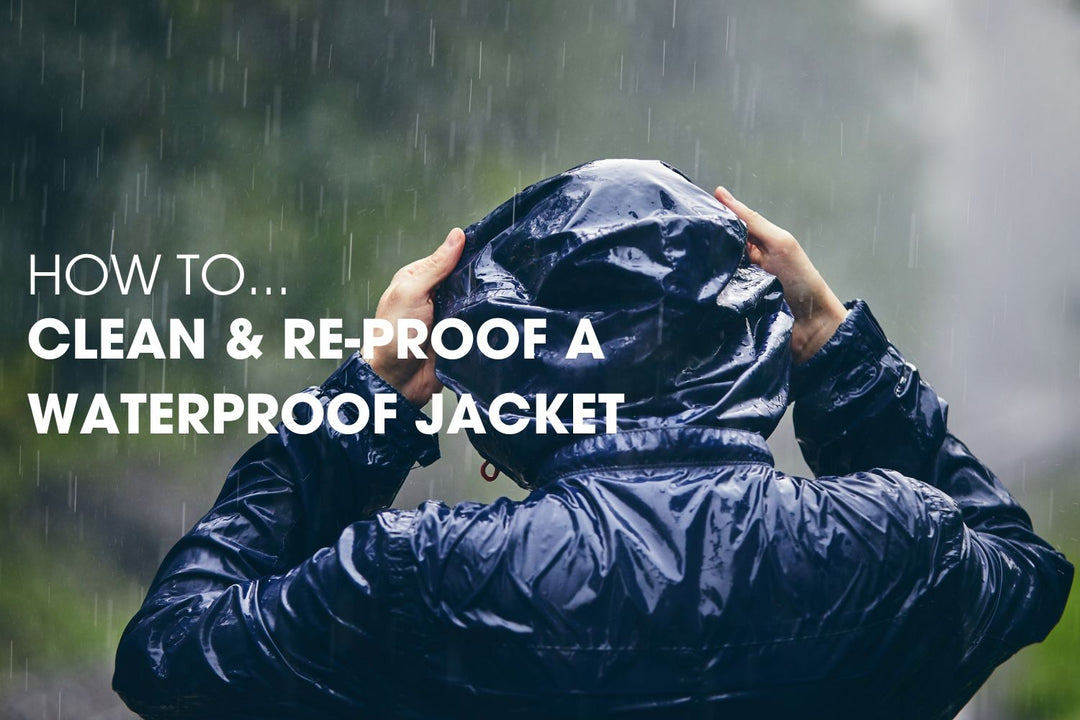

Leave a comment